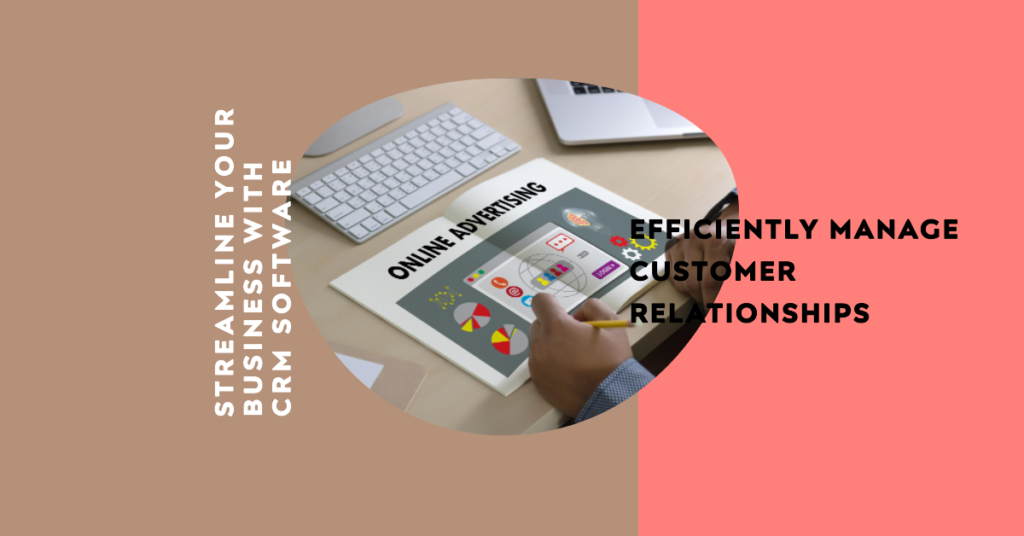Understanding Project CRM (Customer Relationship Management)
In the realm of project management, CRM or Customer Relationship Management plays a pivotal role in ensuring successful project outcomes. It goes beyond mere data management; it’s a strategic approach that fosters stronger relationships with customers, enhances project delivery, and drives business growth.
What is CRM for Projects?
CRM for projects refers to the use of customer relationship management principles within project management contexts. While traditional CRM primarily focuses on managing customer interactions and data, project CRM extends these capabilities to optimize project-specific processes and stakeholder relationships.
Key Benefits of Project CRM
Improved Stakeholder Engagement
Effective project CRM facilitates better engagement with stakeholders throughout the project lifecycle. By centralizing stakeholder communications and preferences, project teams can tailor interactions, anticipate needs, and ultimately enhance satisfaction.
Enhanced Communication and Collaboration
CRM in project management enhances communication and collaboration by providing a centralized platform for team members to share information, update progress, and resolve issues promptly. This real-time transparency fosters teamwork and mitigates risks associated with miscommunication.
Better Resource Allocation
Project CRM enables more efficient resource allocation by providing insights into resource availability and utilization. This helps project managers allocate resources optimally, ensuring that projects stay on track without unnecessary delays or overruns.
Streamlined Project Delivery
By leveraging CRM tools and methodologies, project teams can streamline project delivery processes. Automation of routine tasks, coupled with data-driven insights, allows for smoother project execution and timely delivery of milestones.
Improved Customer Satisfaction
One of the core objectives of project CRM is to enhance customer satisfaction. By understanding customer preferences, addressing concerns promptly, and delivering projects on time and within scope, project teams can build stronger, long-lasting relationships with their clients.
Implementing CRM in Project Management
Choose the Right CRM Software
Selecting the appropriate CRM software is critical for successful implementation. The chosen platform should align with project management needs, offering features like task tracking, client management, and reporting functionalities.
Train and Engage Project Teams
Proper training and engagement are essential for the adoption of project CRM practices. Invest in training sessions to familiarize project teams with CRM tools and emphasize the importance of consistent data entry and communication protocols.
Customize CRM for Project Requirements
Tailor CRM solutions to meet specific project requirements. Customize fields, workflows, and reporting features to align with project goals and stakeholder expectations.
Monitor and Evaluate Performance
Continuously monitor and evaluate the performance of project CRM initiatives. Collect feedback from stakeholders, analyze metrics, and iterate on processes to optimize project outcomes.
Conclusion
CRM for projects is a transformative approach that integrates customer relationship management principles into project management methodologies. By leveraging CRM tools and strategies, project teams can enhance stakeholder engagement, streamline project delivery, and ultimately drive business success.


